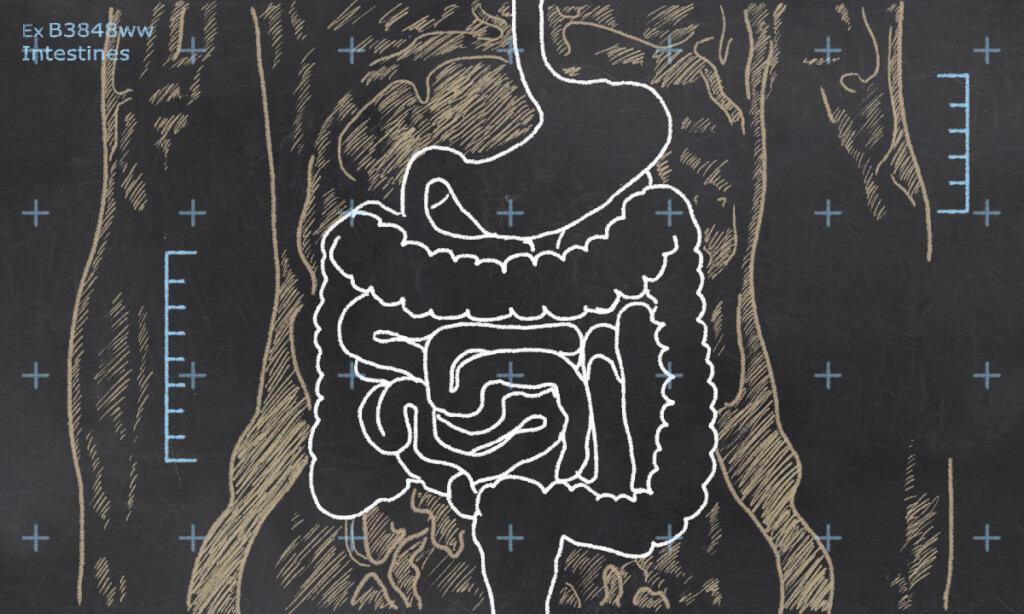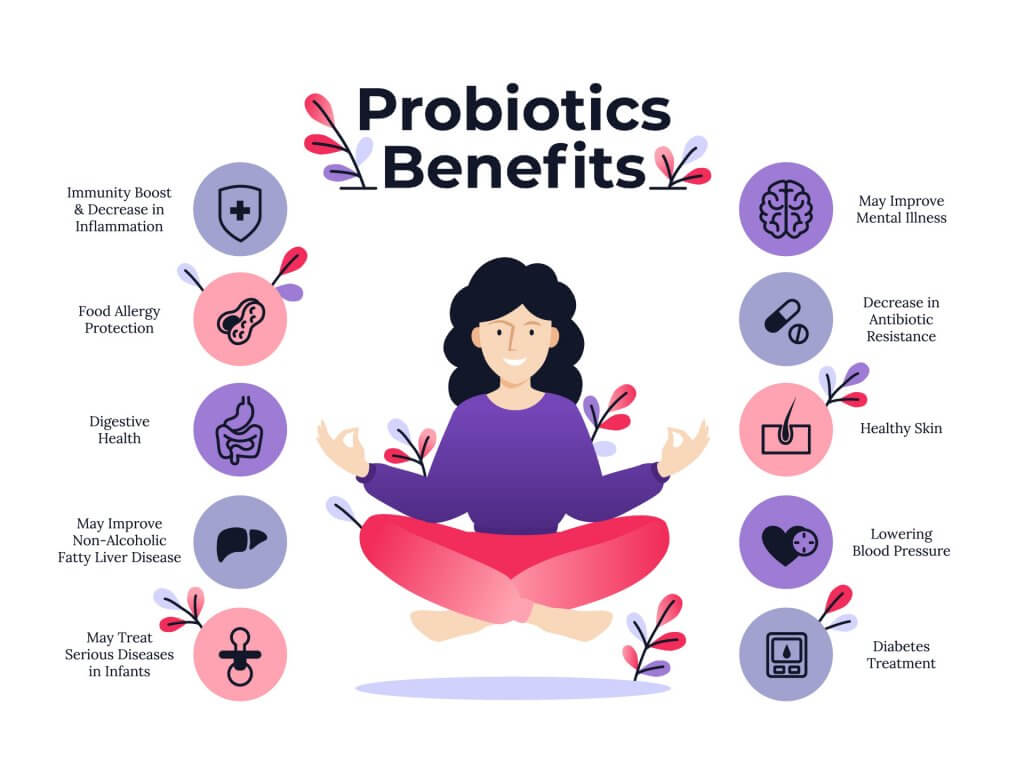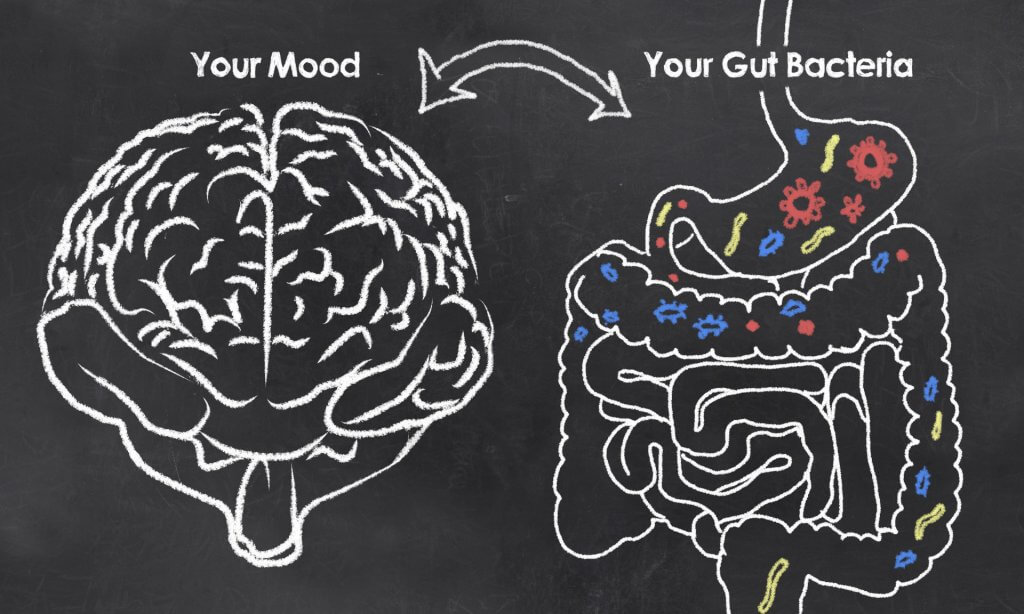Advertising Disclosure
What are the best ways to improve gut health?

It’s long been said that the way to a person’s heart is through their stomach, but recent research has shown that the stomach is the way to a lot more than just a person’s heart. Simply put, your gut health is the balance and function of good and bad bacteria in the gastrointestinal tract. The connections between the gut health and overall mental, physical and emotional health has earned a lot more attention from the medical community in recent years. And new research draws an ever clearer picture of those intricate and direct connections. Gut health has also been linked to several diseases. As we learn more, we see that good gut health is more important than ever. A review of medical journals, health websites and scientific articles reveals some of the best ways to improve gut health.
Here are six key ways anyone can adjust their lifestyle for optimum gut health. (If you have or suspect you may have an illness that’s causing digestive issues, always consult a physician for a diagnosis and/or your best treatment options.)
Healthy diet — The king of ways to improve gut health
You probably won’t be surprised to hear that a healthy diet is the No. 1 place to start when working to improve your gut health. How exactly? A gut-healthy diet includes lots of leafy greens and fresh fruits. Gastroenterologist Dr. Christine Lee recommends five to seven servings of fruits and vegetables daily, adding that a good way to go about this is to “fill your plate with the colors of the rainbow.” Fruits and vegetables are rich in fiber, one of the key ingredients for a healthy gut. According to Dr. Gerard Mullin, “Americans’ fiber intake is 40 to 50 percent of what it should be,” and eating a diet richer in fruits and vegetables is an easy way to remedy that.
You should also choose whole grains wherever possible, avoiding more heavily processed breads. Avoiding processed meats, as well as limiting beef, pork and lamb and opting instead for lean poultry and fish will also aid in improving your gut health.
The foods you eat matter, but so does the way that you prepare them. Avoid grilling and frying, opting instead for steaming, poaching, boiling or another healthier options. Lastly, limit the number of sugars you consume. They create chemicals that can damage the gastrointestinal tract.
Probiotics — Giving your gut a fighting chance
Probiotics are live bacteria and/or yeasts that occur naturally in the body. They add good bacteria to your body, helping to keep your gut microbiome balanced. An easy way to add them to your diet is through probiotic drinks and fermented foods such as kimchi and sauerkraut or fermented dairy products like yogurts. Just be sure to check the label for “live and active cultures.” There are lots of probiotic foods for your microbiome. You can also take a probiotic supplement. As with anything, be sure to consult a doctor before taking any supplements or if you have any concerns.
Exercise — Move your body to move your bowels
We know that exercise is good for just about every aspect of the body. Not too surprisingly, research has now shown specifically that exercise positively affects gut health. A study at the University of Illinois, for example demonstrated that even just six weeks of exercise can improve gut health in both lean and obese people. Further, anyone who’s ever exercised before probably knows from experience that exercise gets the colon moving, which leads to more regular bowel movements. And regular bowel movements, of course, lead to a healthier gut.
Stress management — Calming your mind as a way to improve gut health
Just as stress affects your mental and emotional health, so does it affect your gut health. It has been shown that when we get stressed enough to trigger our fight-or-flight response, digestion slows way down and, at times, stops completely. That allows the body to use all of its energy for the more immediate and important task of protecting itself from the threat that set off the fight-or-flight reaction. So the gut-brain connection is more important than you might think. That’s why, simply put, eliminating as much stress as possible will lead to a healthier gut.
Sleep — The key to a quiet mind, body and gut
Make sure you are getting enough sleep. As with exercise, we already know that adequate sleep is critical for your body’s overall health. And research has shown that your gut is no exception to this rule. There is a connection between your gut microbiome and the quality of sleep you get. A rested body is a less stressed body, and both of these things lead to a healthier gut. The equation is pretty simple. Good sleep equals good gut microbiome. Bad sleep equals bad gut microbiome.
Hydration — Giving your thirsty gut what it needs
A hydrated body is a healthy body. And for the average person, about 64 ounces of water a day — roughly half a gallon — is the recommended amount. In addition to drinking lots of water, limiting your intake of caffeine and alcohol can improve your gut health. That’s because caffeine and alcohol both function as digestive stimulants, so too much of either can impede digestion.
The key takeaway is that the best ways to improve gut health are the same things you should do to improve your overall health. And that’s no surprise, because overall health correlates strongly with your gut health. But if all of this advice would mean a lot of lifestyle changes for you, and you feel overwhelmed, that’s OK. You can start small. Even small differences made over time can add up to a huge difference. Consult a physician with any questions or concerns you may have. And last, but not least: Trust your gut. A few small changes can lead to long-term health benefits. A healthy gut is a happy gut.








